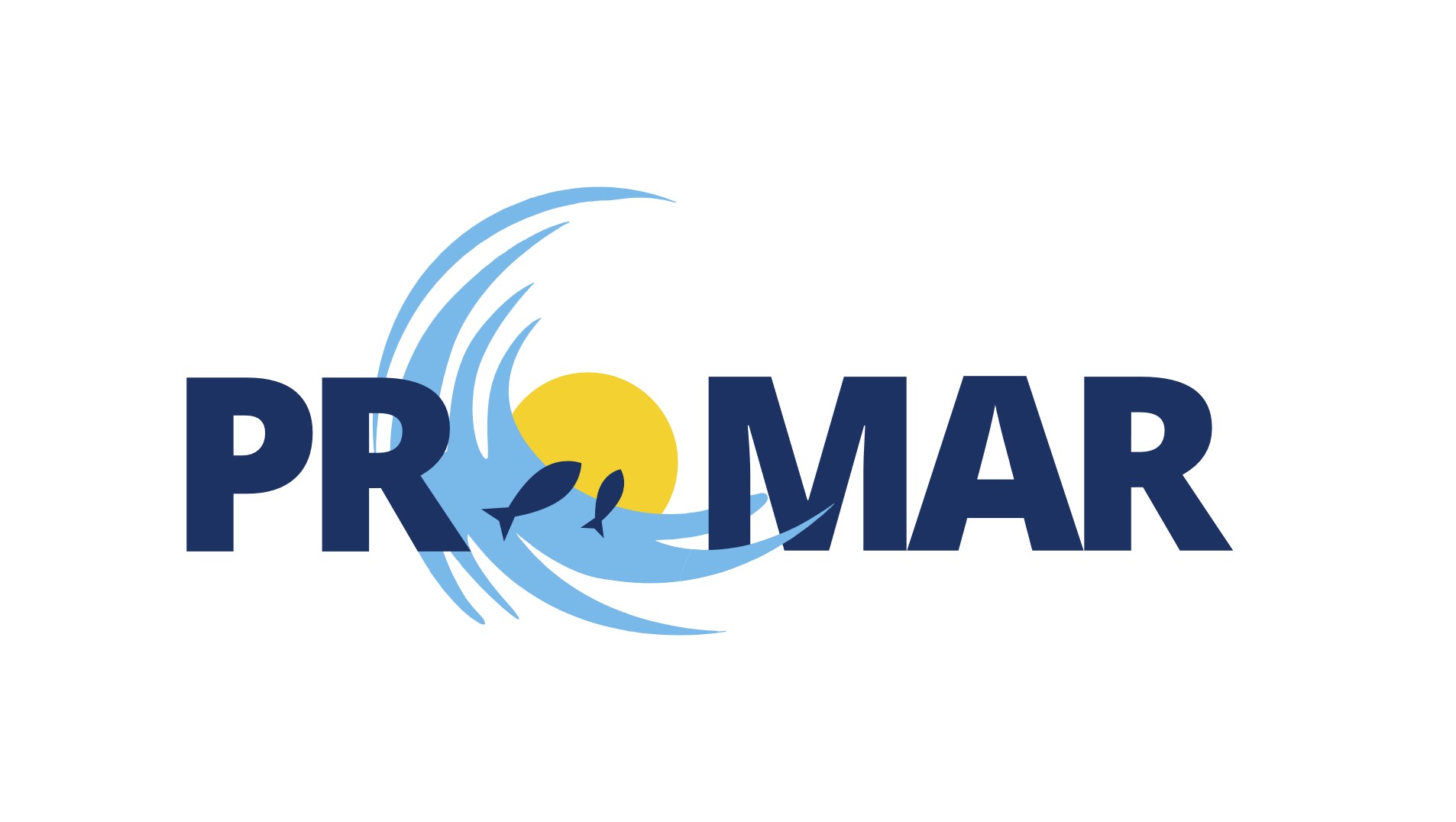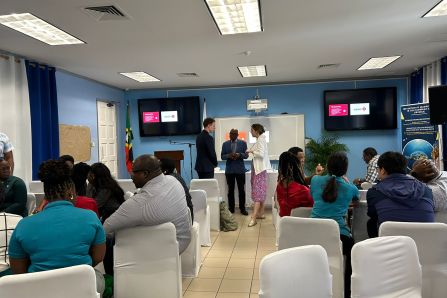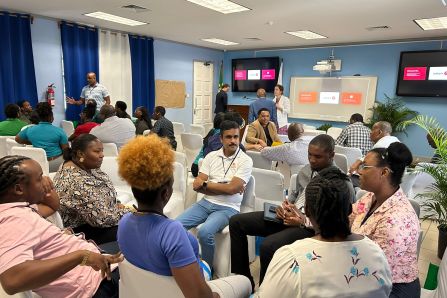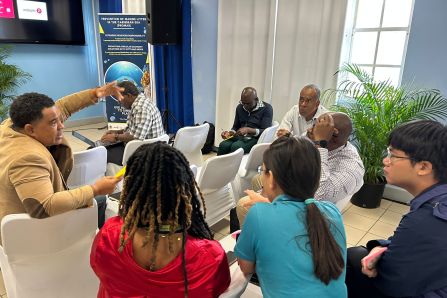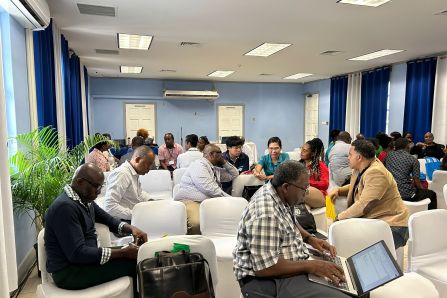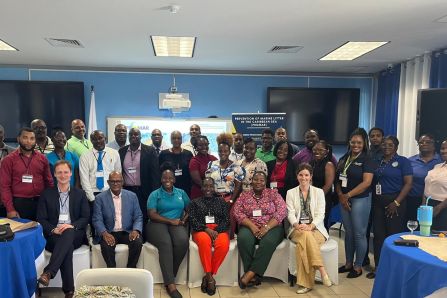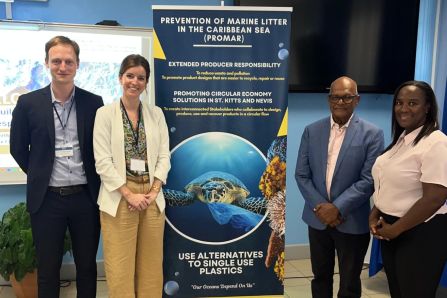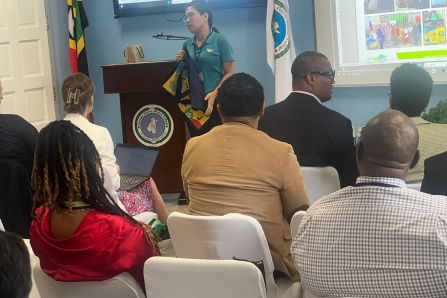Opening Ceremony & National Dialogue on Marine Litter Prevention and Plastic Waste Management | Capacity Building Workshop on Extended Producer Responsibility (EPR)- St. Kitts & Nevis
St. Kitts and Nevis Ramps Up Action Against Marine Litter with Launch of PROMAR Project
Basseterre, St. Kitts – June 13, 2025 – In a significant move to address the growing challenge of plastic pollution, stakeholders across government, civil society, academia, and the private sector gathered at the Clarence Fitzroy Bryant College (CFBC) on June 11 for the official launch of the Prevention of Marine Litter in the Caribbean Sea (PROMAR) project in St. Kitts and Nevis. The launch was followed by a two-day national workshop focused on exploring practical strategies for marine litter prevention, promoting circular economy solutions, and strengthening national waste management systems.
The workshop, which concluded on June 12, is a major component of the PROMAR initiative—a regional effort spearheaded by the United Nations Environment Programme (UNEP) Cartagena Convention Secretariat. The initiative aims to curb marine litter, particularly plastic waste, in the Caribbean through research, education, and coordinated policy action.
Alarm Bells from the Data
During the opening ceremony, Dr. Leighton Naraine, Research Manager at CFBC and PROMAR Project Lead for St. Kitts and Nevis, underscored the urgency of coordinated national action. Citing figures from a 2020 report by the Japan International Cooperation Agency (JICA), he revealed that 23% of all waste generated in the twin-island nation is plastic—amounting to approximately 20 tons per day. Alarmingly, an estimated 3,675 tons of this waste enters the marine environment each year, placing St. Kitts and Nevis among the highest per capita waste producers globally.
“The challenge is significant, but not insurmountable,” Dr. Naraine emphasized. “CFBC is committed to supporting research, education, and policy development as a technical partner in the PROMAR initiative.”
Government Reaffirms Environmental Commitment
Mr. Eavin Parry, Senior Environment Officer in the Ministry of Environment, highlighted the long journey of the PROMAR project—from early conceptualization in 2021 to full-scale implementation in 2025. He praised CFBC’s role as the national implementing partner and reaffirmed the government’s commitment to strengthening environmental policy frameworks, regulatory mechanisms, and waste management systems.
“This journey has reflected the very essence of partnerships, persistence, and vision,” Parry said. “It’s heartening to see local institutions, regional experts, and international donors come together to address marine litter and plastic pollution.”
Community, Collaboration, and Cross-Border Solutions
Speaking on behalf of Nevis, Senior Environmental Officer Ms. Thema Ward stressed the importance of community involvement in tackling marine litter. She noted the harmful effects of plastic waste on marine species such as sea turtles and called attention to the issue of transboundary pollution.
“Ocean currents don’t respect borders,” she said. “Some of the waste we’re finding on our shores didn’t originate here. We need regional conversations and cooperation to address this shared problem.”
Academic and Regional Leadership
Dr. Moyia Rowtham, Interim President of CFBC, reflected on the College’s deep connection to the nation’s environmental wellbeing. “Our waters have long shaped the soul of this federation,” she said. “But today, they are under threat from land-based pollution. As a national implementing partner, CFBC brings academic credibility, institutional networks, and the capacity to translate policy into action.”
Echoing these sentiments, Ms. Taylor Clayton, Regional Project Manager for PROMAR at the UNEP Cartagena Convention Secretariat, spoke about the initiative’s broader strategic goals. She emphasized regional collaboration, capacity building, and the transition toward a circular economy—one that minimizes reliance on single-use plastics and encourages sustainable alternatives.
“The PROMAR project supports Caribbean nations with technical assistance, policy guidance, and institutional strengthening,” Clayton explained. “Our collective efforts help countries fulfill their environmental commitments under both regional and global agreements.”
Taiwan ICDF’s Recycling Partnership
A unique highlight of the workshop was a presentation by Ms. Joyce Chang from the Taiwan International Cooperation Development Fund (ICDF). She introduced participants to the ICDF’s recycling initiative in St. Kitts and Nevis, which complements PROMAR’s goals. The project has already achieved key milestones, including designing recycling bin types, mapping public recycling points, and delivering educational outreach.
Ms. Chang also showcased an innovative example of circular economy in action: t-shirts made from recycled plastics.
